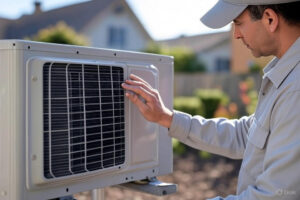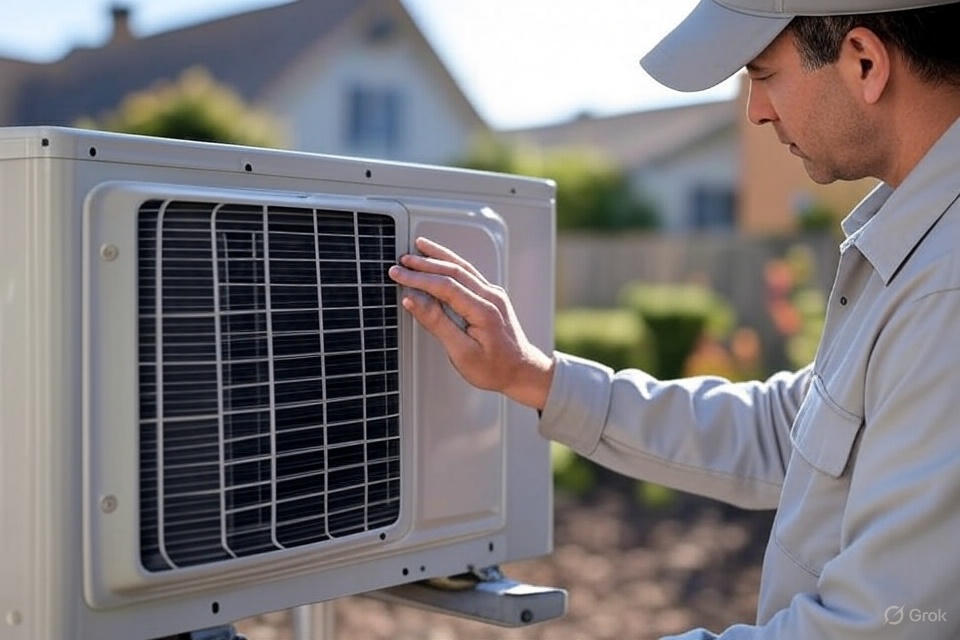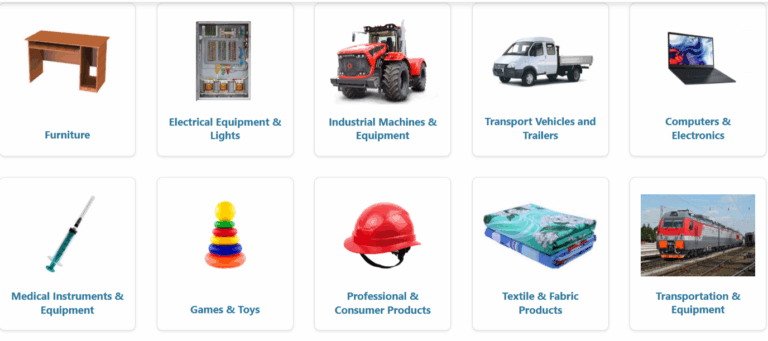
A functioning air conditioner is essential for comfort during warm weather, yet many people overlook the early signals of trouble until the system fails completely. This habit often results in higher repair bills and the inconvenience of dealing with heat inside the home. The good news is that paying attention to subtle changes in your AC’s performance can help you prevent a complete breakdown and reduce expenses with timely HVAC-system repair, ensuring your comfort without financial strain.
One of the earliest signs that your air conditioning system needs attention is unusual noise. A system in good condition should operate with minimal sound, so if you notice banging, grinding, or high-pitched squealing, it may indicate that internal parts are loosening, belts are deteriorating, or the fan motor is struggling to operate. Addressing these noises early is much less expensive than waiting for the issue to escalate into a major repair.
Another sign to watch for is inconsistent temperatures around your home or a noticeable decrease in airflow from your vents. When some rooms feel warmer or the air feels weak, it could be a sign of a clogged filter, duct obstructions, or compressor issues. Reduced airflow means your AC is working harder to maintain your desired temperature, using more energy and increasing the risk of a sudden failure.
If your AC begins blowing warm air instead of cool air, this often points to problems with refrigerant levels, a failing compressor, or thermostat malfunctions. Ignoring warm air will only lead to your system working overtime, increasing energy costs while failing to keep your space comfortable. A quick service check can identify the cause, helping you reduce expenses with timely HVAC-system repair before the issue grows.
Moisture or water pooling around your unit should not be ignored either. This can occur due to a blocked condensate drain or refrigerant leaks, both of which can lead to mold growth and structural damage if not resolved promptly. Similarly, if your system starts turning on and off frequently in rapid cycles, it may indicate thermostat issues, electrical problems, or filter blockages, which strain your system unnecessarily and can shorten its lifespan.
It is also important to monitor your utility bills. A sudden spike in energy costs, even when your AC usage has not increased, often signals your system is losing efficiency due to aging components or refrigerant problems. Addressing these issues promptly will restore your system’s efficiency, helping you manage your energy expenses while keeping your home cool.
The key takeaway is that delaying attention to these small but significant signs can lead to a complete system failure, requiring emergency services or a full system replacement. By acting quickly and scheduling a professional inspection as soon as you notice these warning signs, you will not only prevent inconvenience during the hottest days of the year but also reduce expenses with timely HVAC-system repair, protecting both your comfort and your budget.
Freedom Breeze understands the urgency of keeping your air conditioning system running reliably, especially during peak heat. Their experienced technicians provide prompt, clear diagnostics and efficient repairs, ensuring your AC operates effectively while helping you avoid unnecessary costs. By addressing issues early, Freedom Breeze helps extend the lifespan of your air conditioning system and keeps your home comfortable even in extreme temperatures.
If you have noticed changes in your AC’s airflow, unusual noises, unexpected moisture, or rising energy bills, now is the time to act. Visit https://freedomebreeze.com to schedule your inspection and service with Freedom Breeze. Taking action today ensures your system continues to perform efficiently, helping you reduce expenses with timely HVAC-system repair while maintaining comfort in your home throughout the season.





